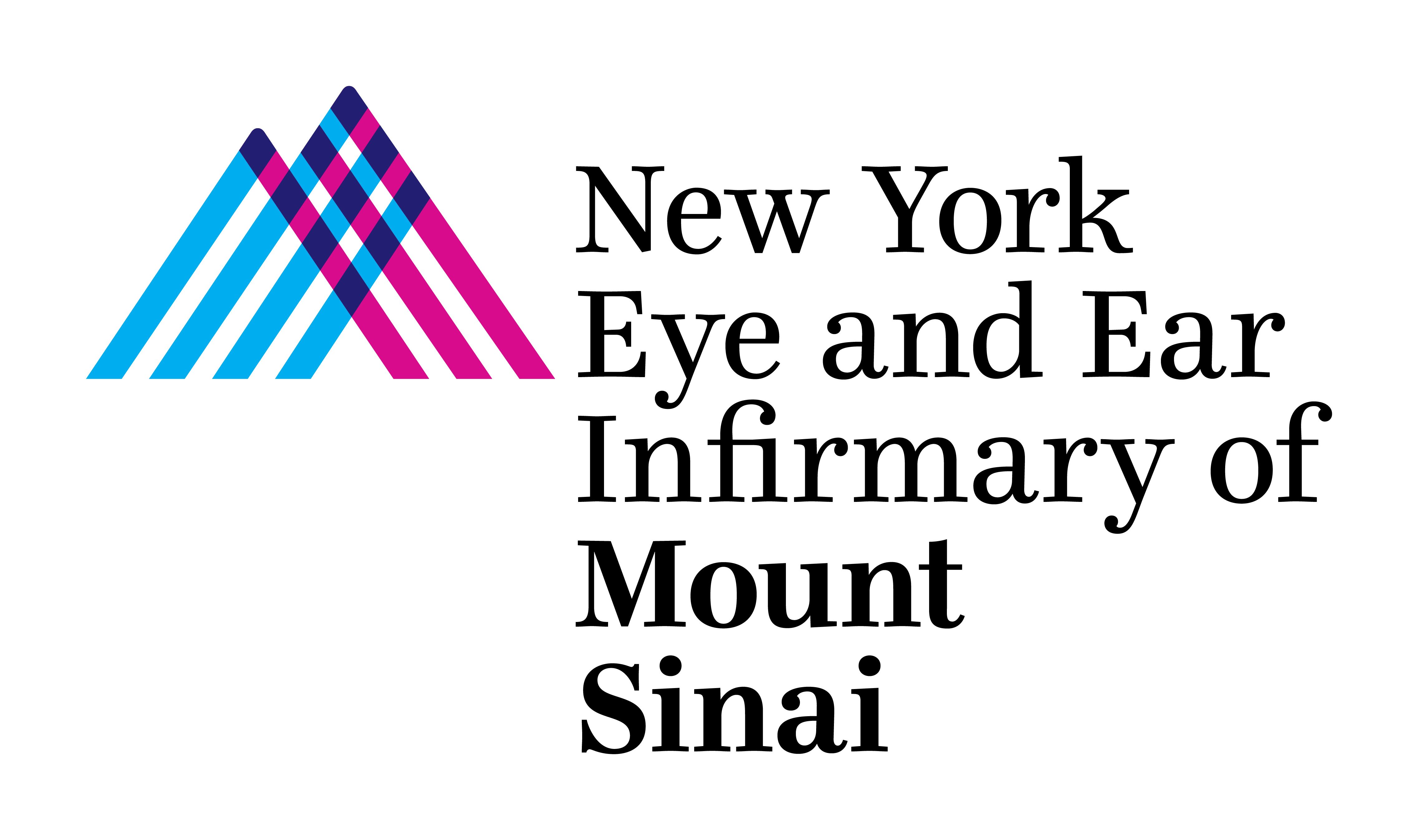
Mount Sinai gifted $5 million for the center for ophthalmic artificial intelligence and human health

Key Takeaways
- The $5 million gift will enhance clinical programs and research in AI-driven ophthalmic care at Mount Sinai.
- The Center will focus on early diagnosis of eye diseases and systemic health conditions linked to eye disorders.
The Center, which was launched in 2023, will now be named The Barry Family Center for Ophthalmic Artificial Intelligence and Human Health.
The Icahn School of Medicine at Mount Sinai, New York, announced receipt of a $5 million gift from the John and Daria Barry Foundation for the Center for Ophthalmic Artificial Intelligence (AI) and Human Health. The Center, which was launched in 2023, will now be named The Barry Family Center for Ophthalmic Artificial Intelligence and Human Health.
This gift will expand the Center’s clinical programs focused on equitable, primary care-based vision care and support research aimed at the early diagnosis of eye diseases and the creation of innovative risk assessments of systemic health conditions linked to eye disorder, according to the press release issued by the Icahn School of Medicine.
James C. Tsai, MD, Delafield-Rodgers Professor and Chair of Ophthalmology at Icahn Mount Sinai and the Mount Sinai Health System, President of New York Eye and Ear Infirmary of Mount Sinai (NYEE), and inaugural Director of the Center, commented, “We are extremely grateful to the Barry family for their generous and transformational gift to spur the growth and success of our innovative Center. We have made advances in raising the standard of vision care at Mount Sinai with new medical technologies that are expanding the boundaries of ophthalmic care for all of human health.”
Distribution of funds
The funds will be used for the following projects: recruitment of a new Center director and a junior/mid-level AI scientist, support of ongoing research initiatives, establishment of one of the first clinical ophthalmology fellowship programs in ophthalmic AI and digital health, and enhancement of the translation of research findings into clinical care and the educational curriculum for trainees.
The Center will partner with the Windreich Department of Artificial Intelligence and Human Health at Icahn Mount Sinai, to advance clinical innovation in AI-based diagnostic care in ophthalmology and population-based medical care.
The press release highlighted that through this Center, Mount Sinai is incorporating AI into trainee and physician education, research, and the clinical setting for rapid diagnosis of eye diseases and conditions, including macular degeneration, diabetic retinopathy, glaucoma, hypertensive retinopathy, systemic conditions, and retinal tumors. Early detection and intervention can prevent vision loss and may also prevent heart attack and stroke, as NYEE researchers have identified deposits under retinal cells that may predict and/or be associated with an increased risk of cardiovascular and neurologic conditions.
In addition, scientists and physicians at the Center are researching and implementing validated AI models across three of Mt. Sinai’s initial areas: the tele-retina program, the ophthalmology tele-consult program, and a program that expedites the diagnosis of patients who present with central retinal artery occlusion) through imaging and collaboration with ophthalmology, emergency medicine, the stroke team, and radiology.
The Icahn School of Medicine is also involved in analyzing data-embedded images from these programs and services by developing and using state-of-the-art AI algorithms and combining these findings with high-throughput genotyping data available at Icahn Mount Sinai. AI is helping to identify ocular biomarkers that can pinpoint the ocular disease pathophysiology, highlight health care disparities in eye disease, predict earlier onset of disease/progression, help to better monitor diseases and response to treatment, provide a framework for developing precision medicine strategies for these diseases, and streamline the performance of clinical trials, according to the press release.
Newsletter
Don’t miss out—get Ophthalmology Times updates on the latest clinical advancements and expert interviews, straight to your inbox.





























